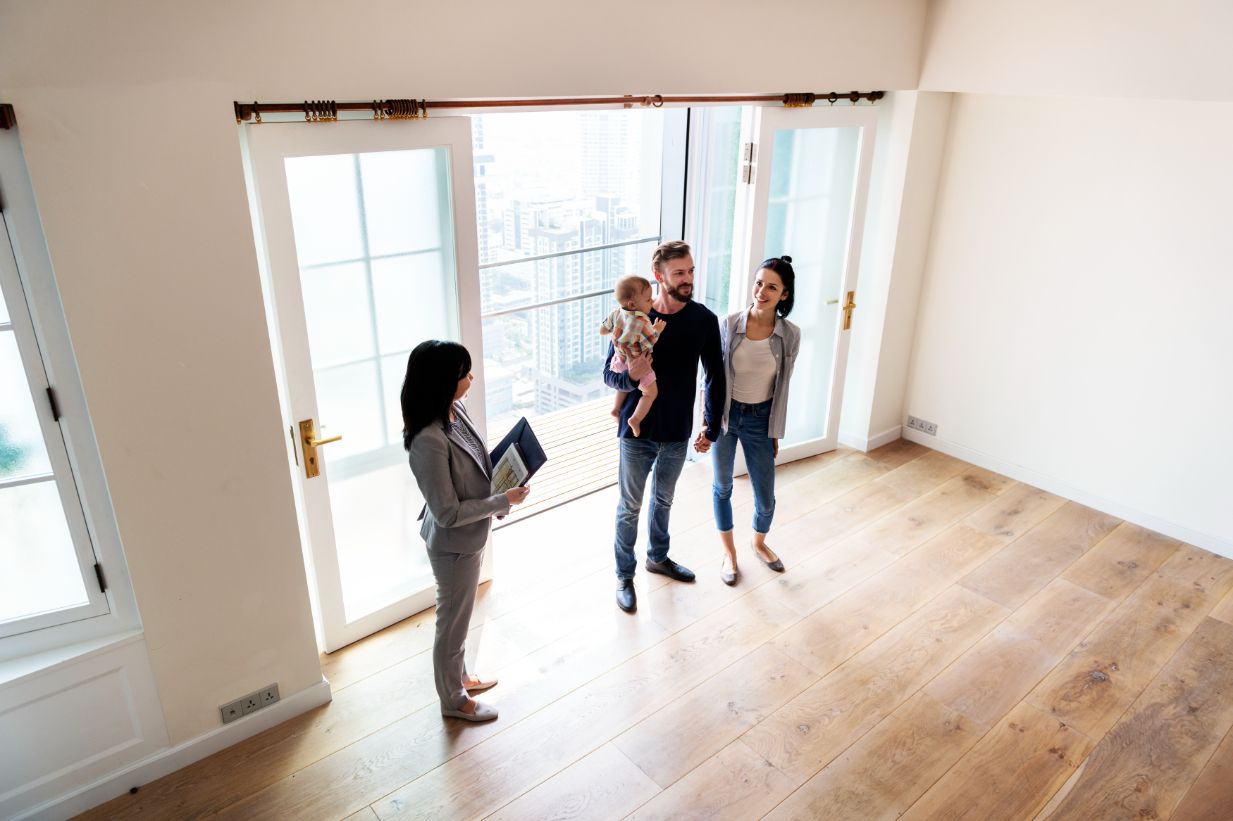The most important elements to consider in house hunting are not always the first things that pop into your mind. A quality real estate agent can assist you in evaluating your priorities and comparing residences against them.
1. Location
Buying a house is a personal decision you must consider what elements are significant based on your needs and budget and be prepared to walk away from residences that don’t fit. A quality Realtor or real estate agent can assist you in evaluating your priorities and comparing houses against them.
The neighborhood is where you’ll live and its a big part of what makes a home feel like home. Talk with locals and spend time in the area to get a sense of its vibe and whether it fits your lifestyle. A real estate agent can also help you access key information such as how busy a street is and you can visit the neighborhood during different times of the day to evaluate traffic noise levels.
Pay attention to the number and placement of electrical outlets as these can limit your design options or cause headaches down the road. Also, make sure to look at the basement and attic for signs of mold, water damage or leaks.
2. Size
The size of the house you choose depends on your personal needs and lifestyle. If you plan to have a family, or often have friends and relatives staying over for extended periods of time, you will likely want a larger home with more bedrooms and bathrooms.
However, if you travel a lot for work, you may be able to get by with a smaller home. It’s important to figure out what your ideal house size is before you start looking for homes, so you don’t waste your time viewing properties that aren’t right for you.
It’s also worth considering how much storage space you will need. If you have a lot of sports equipment, out-of-season clothes and decorations it might make sense to find a bigger home with plenty of storage space.
3. Amenities
Having the right amenities is crucial when buying a house. But you also need to understand what you don’t need so you can narrow down your search.
While you’re looking at homes, keep an eye out for the following amenities that may be more important than you think.
A stale, musty smell can indicate problems with the house’s plumbing. It’s one of the most common red flags, as it can signal the presence of mold or other harmful contaminants. Look for signs of water damage such as soft or warped sheetrock.
You won’t know how well a house will stand up to severe weather or storms until you live in it. Look for puddles or standing water that may indicate the need for French drains.
When looking at resale homes, be sure to note what upgrades have been added by the homeowners and what the cost was to install them. This information can help you make an informed decision and avoid overspending.
4. Price
Home buyers often focus on saving for a down payment which is an important part of the upfront costs of homeownership. But there are also recurring costs that need to be considered like utilities and home warranty plans.
Asking the right questions during a property viewing can help potential homebuyers uncover key information that may be relevant to their decision making. For example, asking how long a house has been on the market or what major renovations the sellers have completed can be revealing.
It’s also important for buyers to understand the price of the property beyond what’s listed in a for-sale listing. Closing costs, fees to transfer title and property taxes should be figured in when considering the overall cost of a home.
Moreover, buyers should make sure that they are prepared for the monthly mortgage payment (principal, interest, tax, and insurance) as well as additional costs associated with homeownership, like utility bills, repairs, and furnishings.
here consider the roof state, age and any issues a sound roof is vital when buying a house for long-term security and cost savings.
